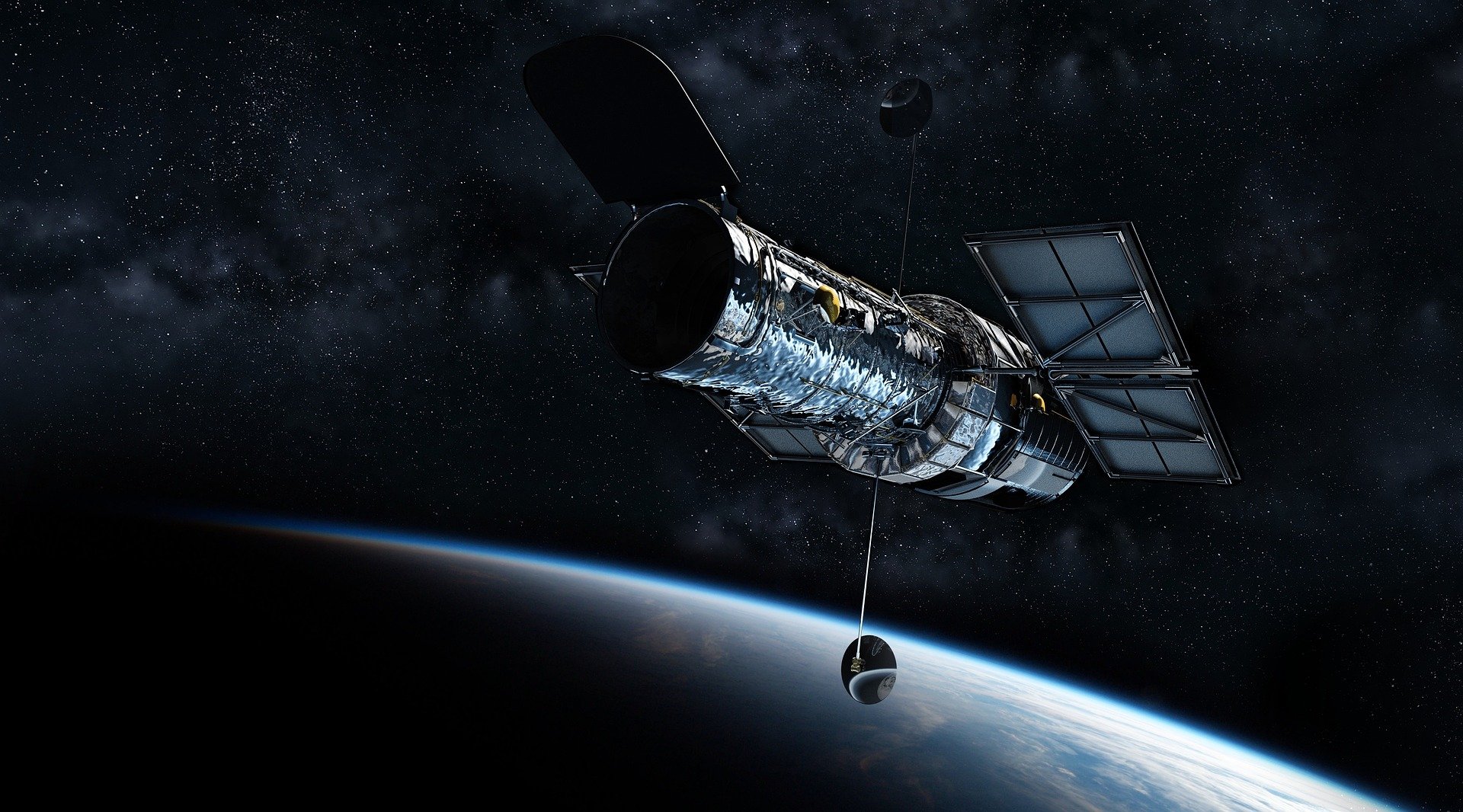Science News Roundup: NASA, SpaceX to study ways to boost orbit of Hubble telescope; U.S. agency adopts new space junk rules to reduce exploration risks and more
In December, it unveiled a bigger, reusable Neutron rocket, upping its competitive footing with larger vehicles from Elon Musk's SpaceX and United Launch Alliance, a joint venture of Boeing Co and Lockheed Martin Corp. U.S. agency adopts new space junk rules to reduce exploration risks The U.S. Federal Communications Commission (FCC) voted 4-0 Thursday on to adopt new rules to address growing risks of orbital debris to space exploration by shrinking the time to remove defunct satellites.

Following is a summary of current science news briefs.
NASA, SpaceX to study ways to boost orbit of Hubble telescope
Elon Musk's SpaceX plans to fund a study with NASA to examine ways to use the space company's Dragon capsule to raise the Hubble Space Telescope's orbital altitude, which would extend its useful life, agency officials announced on Thursday. SpaceX, whose Crew Dragon capsule ferries astronauts and cargo to and from the International Space Station for NASA, will fully fund the six-month study, NASA's science chief Thomas Zurbuchen told reporters during a short-notice press conference.
Rocket Lab to fire up first tests of new engine next year - CEO
Launch company Rocket Lab by next year plans to conduct initial hot-fire tests of a new, more powerful engine that will power its next-generation Neutron rocket, the company's chief executive told Reuters. The Long Beach, California-based company routinely launches small satellites into space with its small workhorse Electron rocket. In December, it unveiled a bigger, reusable Neutron rocket, upping its competitive footing with larger vehicles from Elon Musk's SpaceX and United Launch Alliance, a joint venture of Boeing Co and Lockheed Martin Corp.
U.S. agency adopts new space junk rules to reduce exploration risks
The U.S. Federal Communications Commission (FCC) voted 4-0 Thursday on to adopt new rules to address growing risks of orbital debris to space exploration by shrinking the time to remove defunct satellites. The FCC voted to require post-mission disposal of low-Earth orbit satellites within five years. The agency previously recommended operators of satellites in low-Earth orbit ensure spacecraft re-enter Earth’s atmosphere within 25 years.
(With inputs from agencies.)










